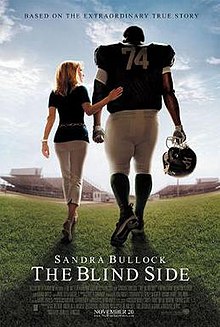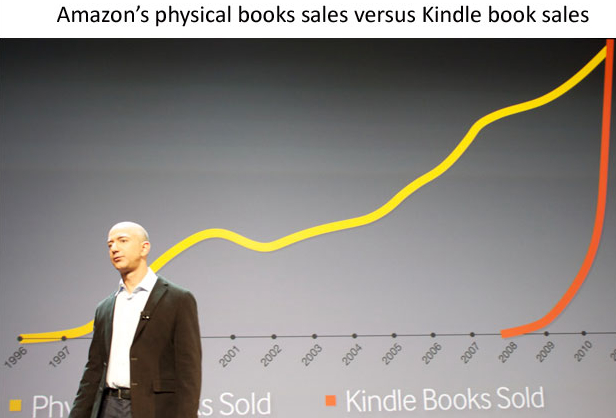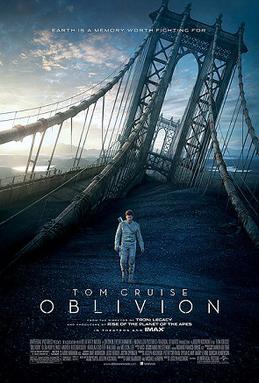Product Details
- File Size: 551 KB
- Print Length: 316 pages
- Page Numbers Source ISBN: 0393057658
- Publisher: W. W. Norton & Company (August 15, 2011)
- Sold by: Amazon Digital Services, Inc.
- Language: English
- ASIN: B005G5PPGS
- Text-to-Speech: Enabled
- Lending: Not Enabled
- Average Customer Review: 4.5 out of 5 stars (865 customer reviews)
- Price: $9.57
1. Short review:  (Amazon rating: 5 out of 5 stars -- I love it.)
(Amazon rating: 5 out of 5 stars -- I love it.)
If I give a book 5 stars, you can bet money and give odds that I will read it again.
If I give a book 5 stars, you can bet money and give odds that I will read it again.
2. Long review:
2.1.
What I liked: Great writing. Moneyball is about baseball's use of the wrong statistics. Baseball fans who are mathematicians strove to devise the right statistics and get the major outfits to accept them. Roller-coaster or walk-in-the-park? If -- like me -- you have done professional statistics and know how hard it is to get the right measurements, it is a roller coaster. Else, it is a brisk walk-in-the-park.
Worth the money and then some.
2.2. What I did not like: Nothing that I can think of.
2.3. Who I think is the audience: Statisticians. Baseball rebels.
2.4. Is the book appropriate for children to read? Yes.
2.5. On the basis of reading this book, will I buy the author's next book? Yes. Just discovered that Michael Lewis also wrote The Blind Side. I loved the movie. It's an odds-on bet I'll love the book.
2.6. The plot in a nutshell.
Given that this is non-fiction (why do we refer to books about reality in the negative?), there should not be a plot, but there is.
The tension in the book builds with the chapter devoted to Bill James. James worked to devise meaningful statistics for baseball. As opposed to the old statistics. James published his work under the title Baseball Abstracts. James was not the first to approach baseball measurements by the scientific method, but, like Christopher Columbus's discovery of the Americas, his work was the one that led to meaningful exploitation. James cried out in the wilderness for 20 years before a single team in major league baseball started to use his numbers.
That team was the Oakland A's. Sandy Alderson, the penultimate general manager of the A's, applied James's Sabermetrics to his farm system but not to his major league club. The A's owner at the time, Walter Haas, pumped money into the club to buy championships. That changed when Haas sold the team. The new owners, Lew Wolf and John Fisher, ran and run the A's as a business. Billy Beane became the A's GM when Alderson left. Without the deep pockets of Haas, Beane turned to Sabermetrics to build winning teams on the cheap.
Beane's decision to use Sabermetrics should have been a non-event. Instead, it started a war.
If you are keeping score in the war, Sabermetrics is winning.
2.7. Other:
The movie of the same title portrays Beane and his manager, Art Howe, as being in constant conflict. The book does not give that feeling at all. The book makes it clear that the A's were run by Beane's directives, not Howe's. If anything, the book hinted that Howe feared Beane.
Why is there a war over Sabermetrics?
I was watching a playoff game last week, and I saw the broadcaster post an 'Innovative Stat': OPS. OPS is a Sabermetric for On-base-percentage-Plus-Slugging-percentage. This stat is the most accurate measure available of a hitter's value to his team. Why call it innovative?
'Cause it ain't Batting Average. That's the traditional stat.
What about Batting Average?
It's crap.
Think about it. Batting Average (Avg) is the number of hits (H) divided by the number of at-bats (AB). Avg = H/AB. But walks do not count as at-bats. Nor do they count as hits. How blind is that?
If you manage a baseball team, you want runners. Does it matter to you if they got to first by a hit or by a walk? You may think you don't care, but a walk requires more pitches of the opposing team's pitcher and reduces the number of innings he can pitch. In truth, you prefer walks to singles.
Worse, a single counts the same toward Batting Average as a home-run. That is totally blind.
Baseball stats came about through the efforts of an Englishman, Henry Chadwick. Chadwick was familiar with cricket and tried to measure performance in baseball using stats from cricket. Cricket does not have walks. Chadwick did not know what to make of walks as measures of performance. So he ignored them. He invented the concept of error which is his opinion of what should have happened. Henry Chadwick is responsible for the nonsense that is baseball statistics. The men of baseball have blindly followed Chadwick's statistics for a hundred and fifty years. These have become the traditional statistics.
Why don't the-powers-that-be in major league baseball abandon Chadwick's nonsense for James's falsifiable (that is, testable) Sabermetrics?
YMMV.
2.8. Links: Sabermetrics
2.9. Buy the book: Moneyball

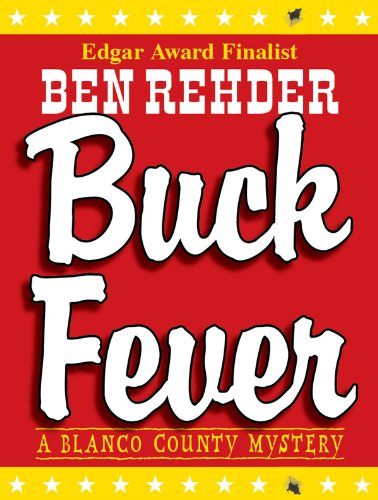

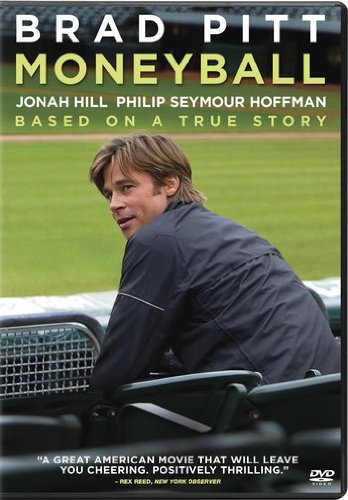
 -- I want my money back.<--
-- I want my money back.<--  -- Worth a rental, not more.
-- Worth a rental, not more.  -- Worth first-run theater price once. <--
-- Worth first-run theater price once. <--  -- I will pay first-run theater price to see it again.
-- I will pay first-run theater price to see it again. 
